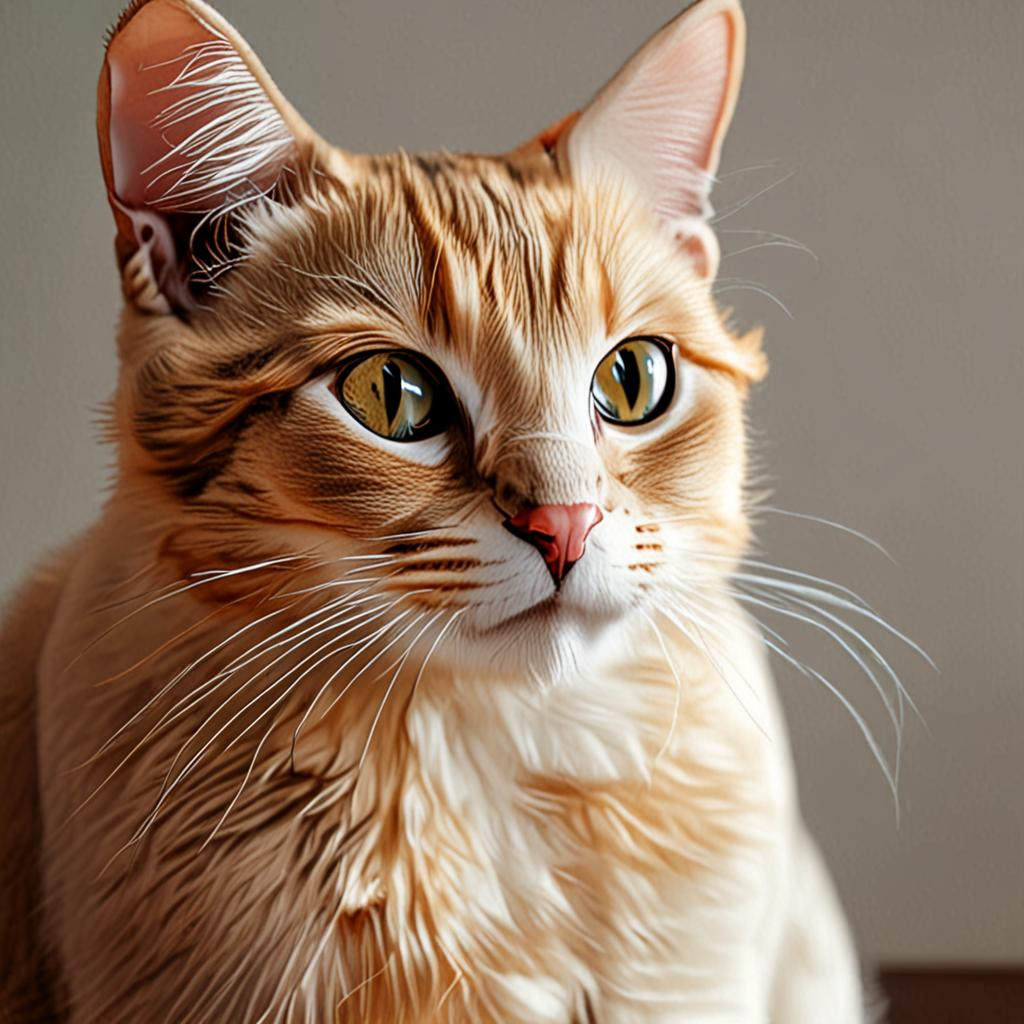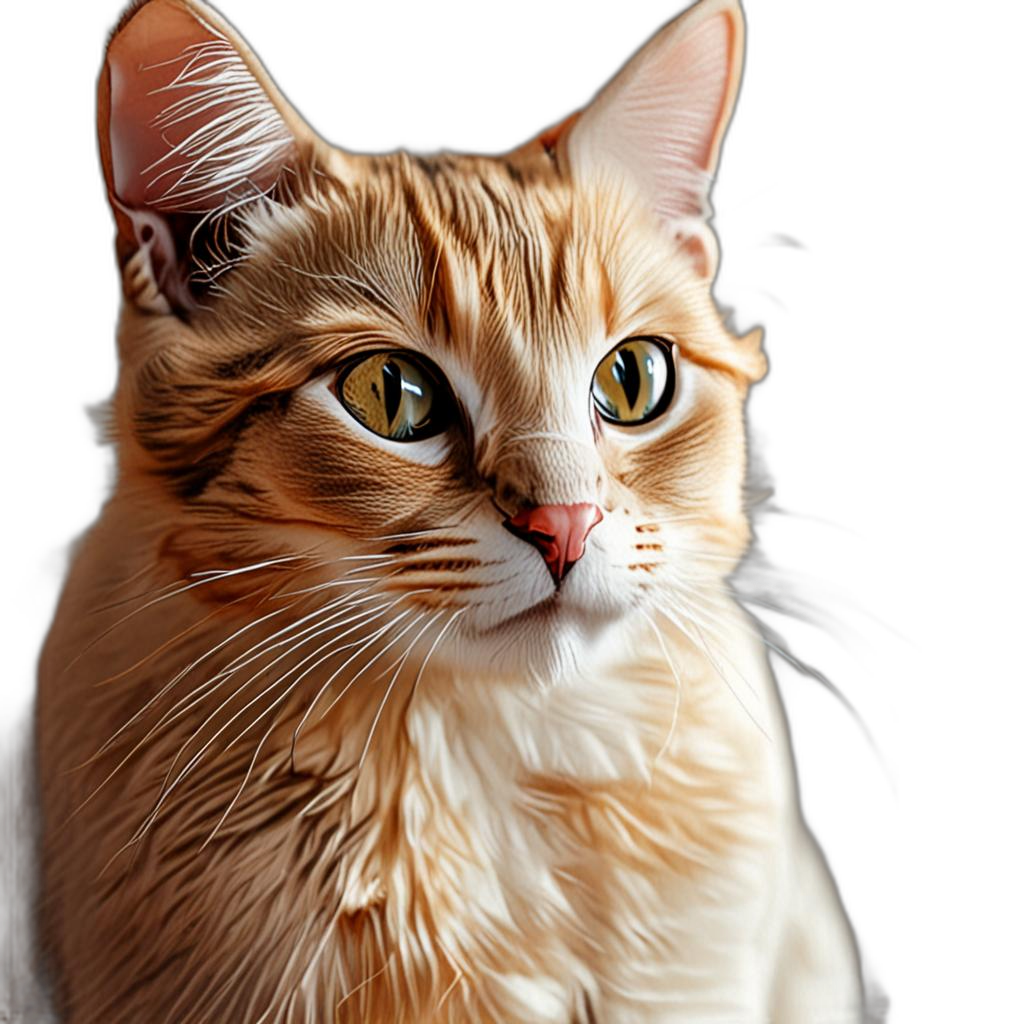Remove Image Background
Remove the background from an image.
Guide
Description
This endpoint allows you to remove the background from an image. Removing the background from an image can be useful for various purposes, such as creating a transparent background or isolating the subject of the image. The background removal process works by segmenting the image into foreground and background regions. The API uses advanced machine learning algorithms to detect and remove the background from the image, leaving only the foreground subject. The output of the background removal process is an image with a transparent background in PNG format. You can use the Convert Image endpoint to convert the image to WebP or JPEG format if needed.

Authorizations
API Key for authentication
Path Parameters
The unique identifier of the image. This identifier is used to reference the image in subsequent requests.
Body
The name of the image to identify it on the dashboard.
1 - 30Response
The API will return the created Image object in the response body.
The Image object represents an image processed using the IMG Processing API. The object contains information about the image, such as its URL, size, and format. The Image object is returned in the response body of all image processing requests.
The unique identifier of the image. This identifier is used to reference the image in subsequent requests.
The name of the image. This name is provided when uploading the image and is the way the image is identified in your account. It is not unique, in fact, each transformation you make to an image will create a new image with the same name.
The width of the image in pixels.
The height of the image in pixels.
The format of the image. The format can be one of the following: jpeg, png, webp
png, jpeg, webp The estimated size of the image in bytes. The size is an estimate and may not be exact since images can be compressed or optimized depending on the format and quality settings used during processing.
The date and time when the image was created. The date and time are in ISO 8601 format.
The public URL of the image. By default, this URL is not available and will be null. You can make the image public by using the publish endpoint. Once the image is public, the URL will be updated with the public UR.

